Science fiction loves to drop existential crisis after existential crisis onto its audiences’ heads, raising questions of morality, the future, and what it means to be human. And frequently, the antagonists in science fiction are the best way to open up the path to these questions, serving as a large piece to a film’s thesis. And sometimes, the baddies might not be entirely in the wrong, even if their methods or approaches are wrong. So here’s a look at a few sci-fi flicks where the antagonist wasn’t entirely wrong.
Splice: Dren
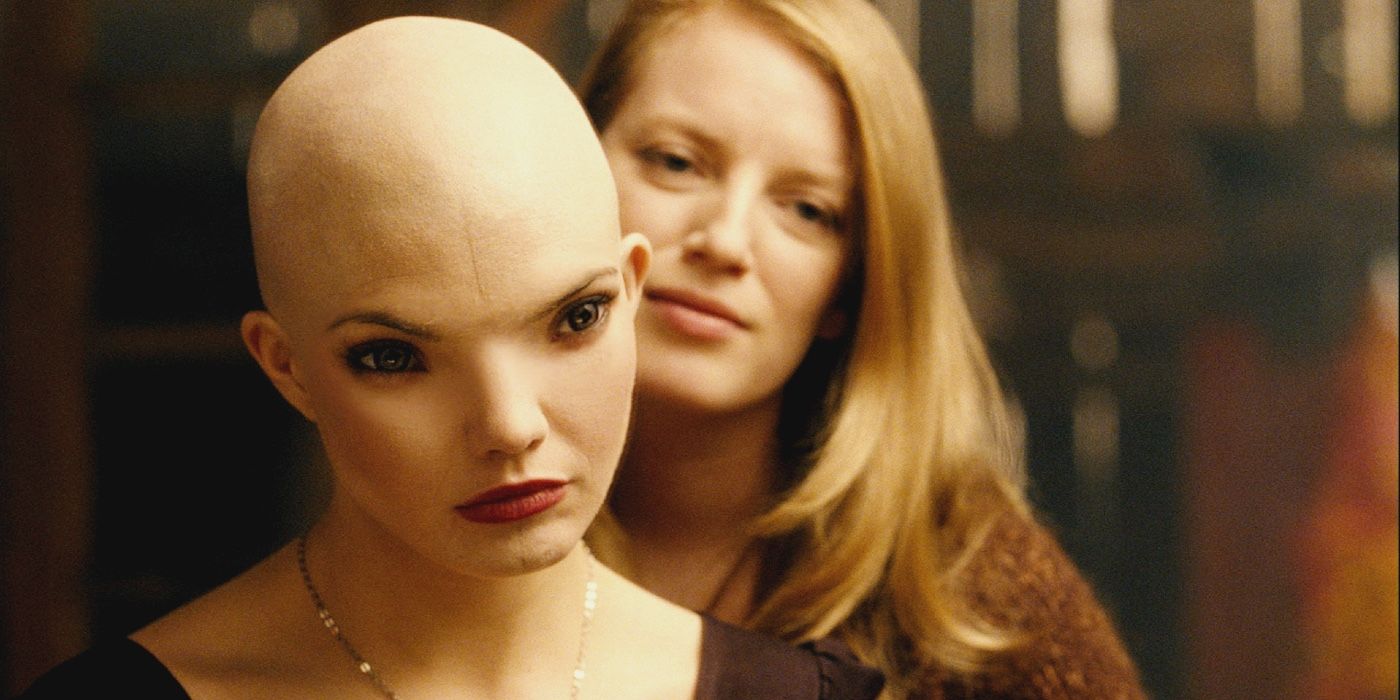
Playing God doesn’t bode very well for scientists in science fiction. In Splice, two pharmaceutical cloning scientists decide to try and experiment with a new life form, creating it in secret. Over time, the experiment goes from trying to create a successful embryo to raising the new organism, all in secrecy. They then proceed to abuse the creature, dubbed “Dren,” and when Fren goes on an inevitable rampage, it feels more like karma than anything, a lashing out of a creature that was born just to be an experiment, and then needlessly hurt.
Aliens: The Alien Queen
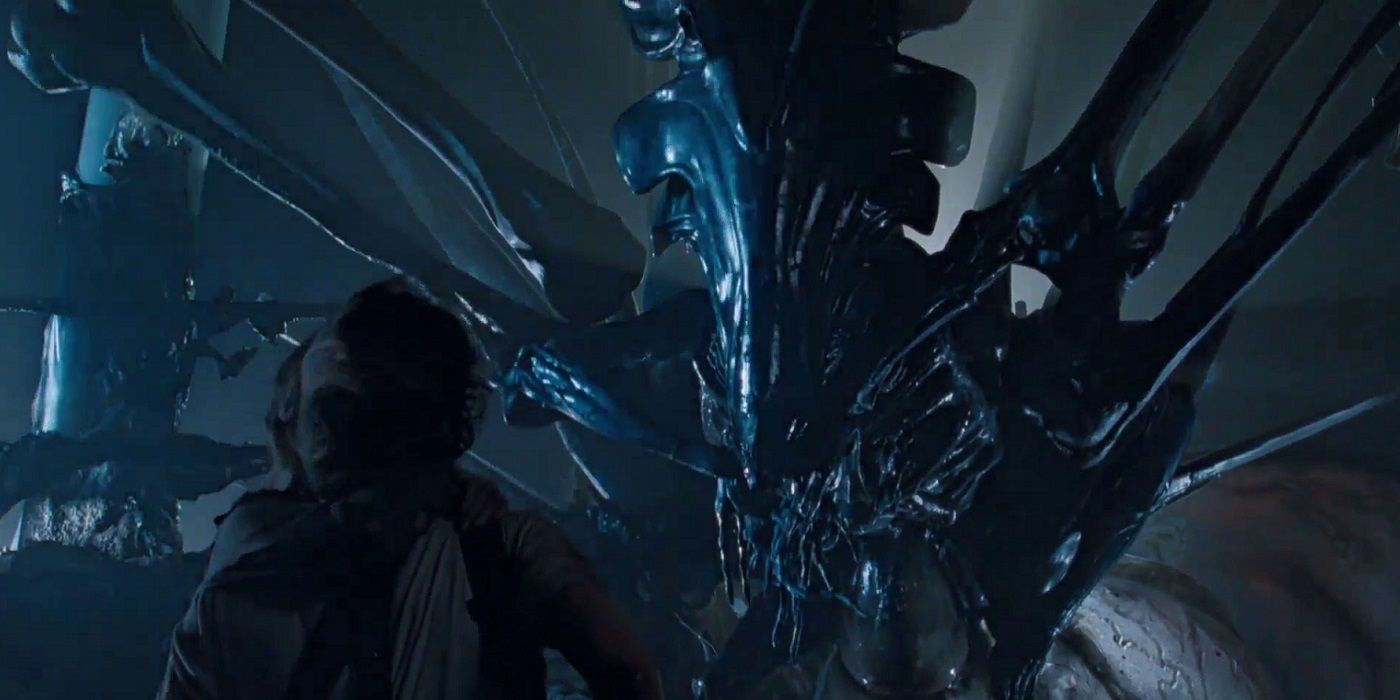
The xenomorphs on LV-426, as seen in Aliens, were just protecting their home turf. Think about it: On a hostile planet, light-years from Earth, the greedy humans just had to colonize the one that was inhabited and rob it of its resources.
Sure, the xenomorphs are killing machines, but it’s not like they take pleasure in killing, that’s simply their nature. The Alien Queen is leading her own children into a battle against the encroaching humans, and when she loses all of her eggs and chases down Ripley, it’s no question as to why.
I Am Legend: Darkseekers
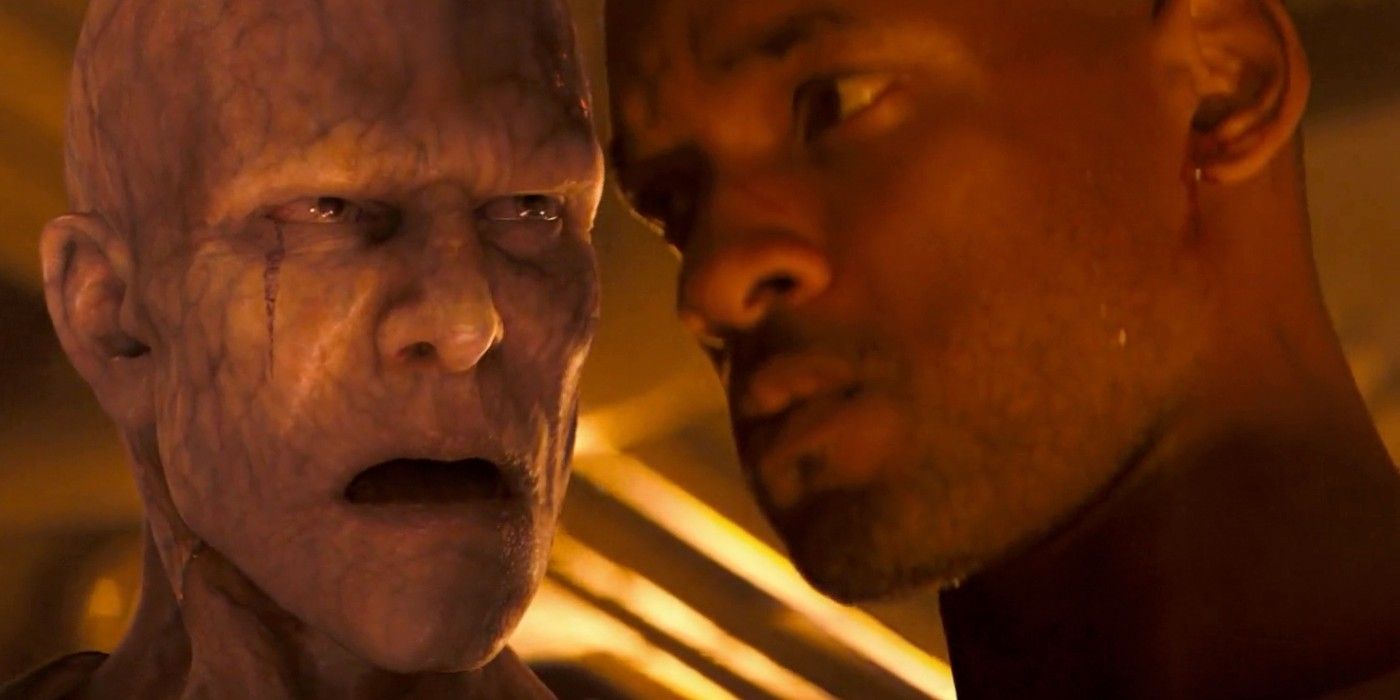
The former humans turned into pseudo vampire mutants in I Am Legend make up the new dominant species of the planet, and it is Robert Neville, one of the last survivors, who is the odd man out. Like the previous entries on this list, the Darkseekers are simply living out their lives, just as Neville attempts to. That being said, he does kidnap one and experiment on it to try to find a cure, but just because he didn’t see the subject as a person anymore didn’t mean her fellow Darkseekers didn’t value her as part of their community. In the director’s cut, this is even more apparent, when the Darkseekers make peace with Neville after getting back their missing member.
Jurassic Park: Dennis Nedry
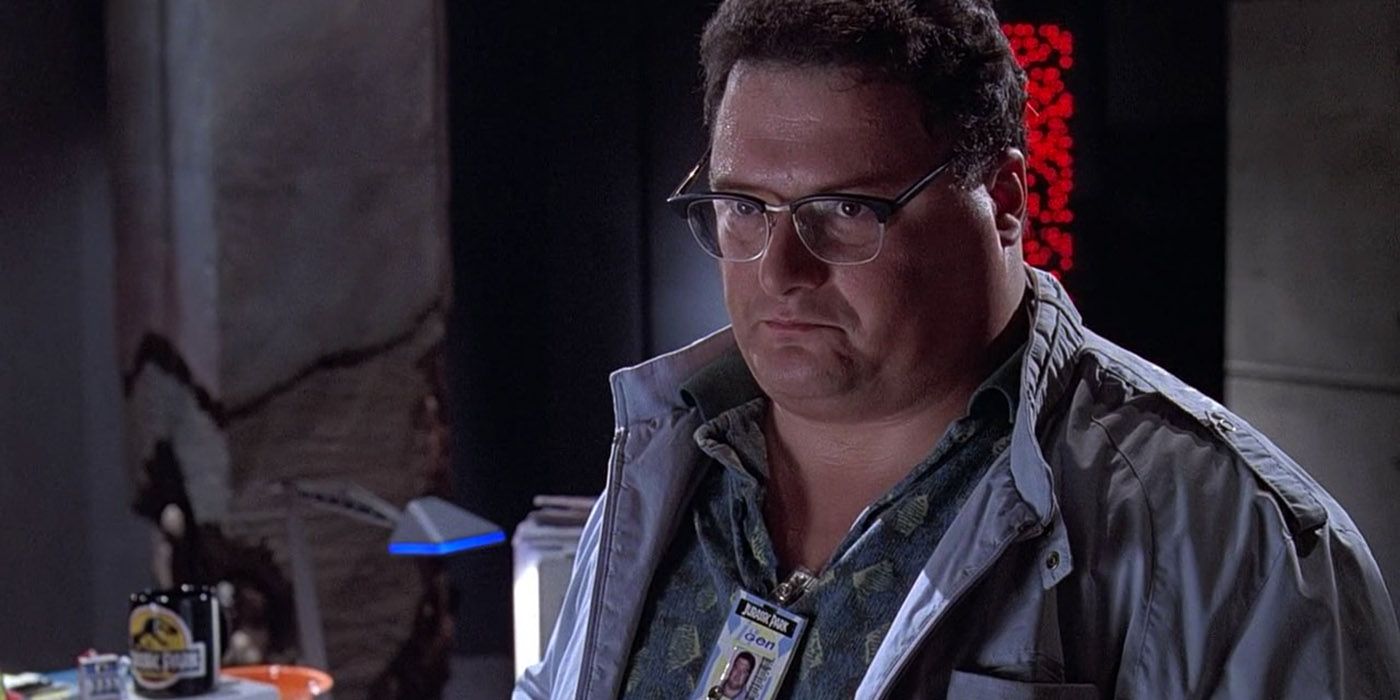
Dennis Nedry was the head programmer of Jurassic Park’s operating systems, and essentially kept the entire park’s power-related systems running as smoothly as he was able to keep them. When he was underpaid, he decided to steal a few embryos and steal them off, and in order to do so, he shut down the power to the park, allowing him access to the embryo room, and to escape to the island’s docks through the dinosaur exhibits. The fact that such a critical man from such an expensive operation was underpaid is not surprising, seeing as Jurassic Park is a capitalist wonderland, but because he wasn’t forked over more money, it turned into a lawyer’s wonderland instead (except for the one who was eaten). John Hammond always said “spared no expense,” but couldn’t give his workers a better salary?
Total Recall: Dr. Edgemar
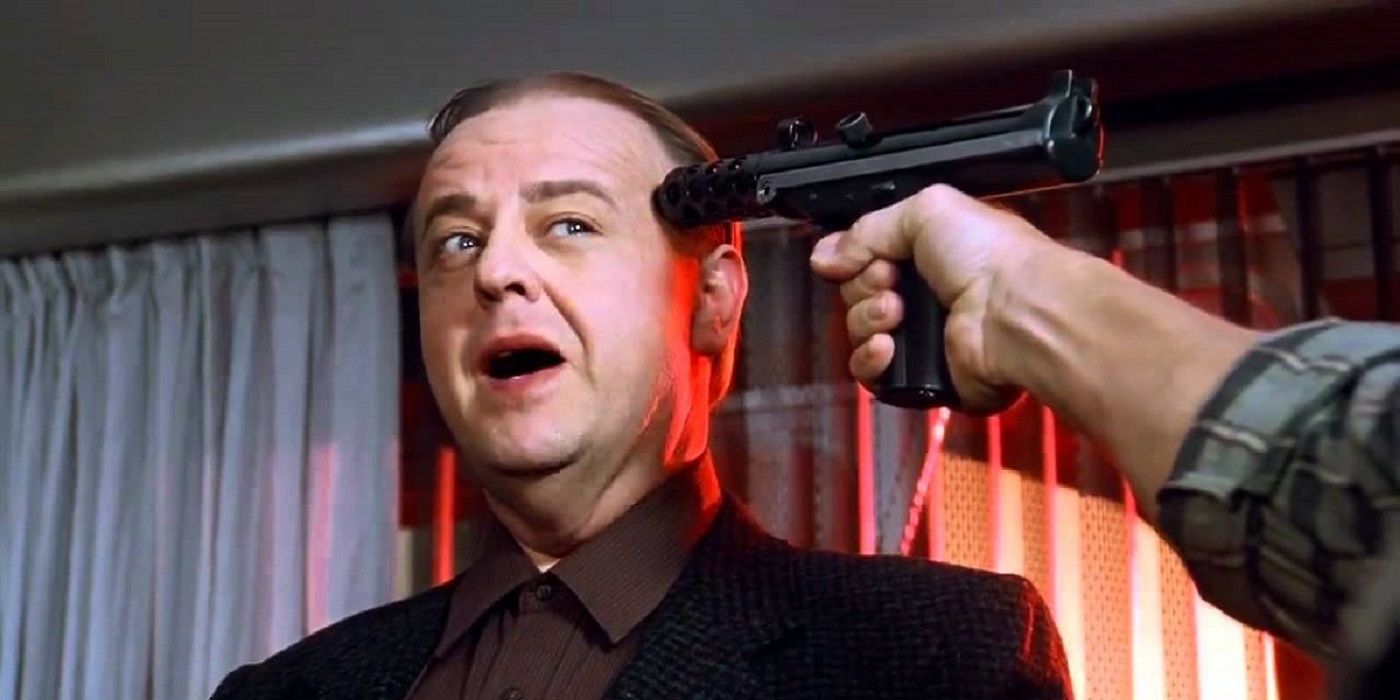
This entry depends on how one interprets Total Recall‘s ending: was it a dream or was it reality? For the sake of this argument, imagine if everything that happened in the film was a dream.
That would mean that Dr. Edgemar, the doctor who begs a rampaging Quaid to take a pill and wake up to stop himself from damaging his mind, was just trying to sternly protect him. Of course, if that was the case, then Quaid shooting Edgemar and finishing up the fantasy would mean the end of the film ended with Quaid’s lobotomy.
Revenge Of The Sith: Anakin Skywalker
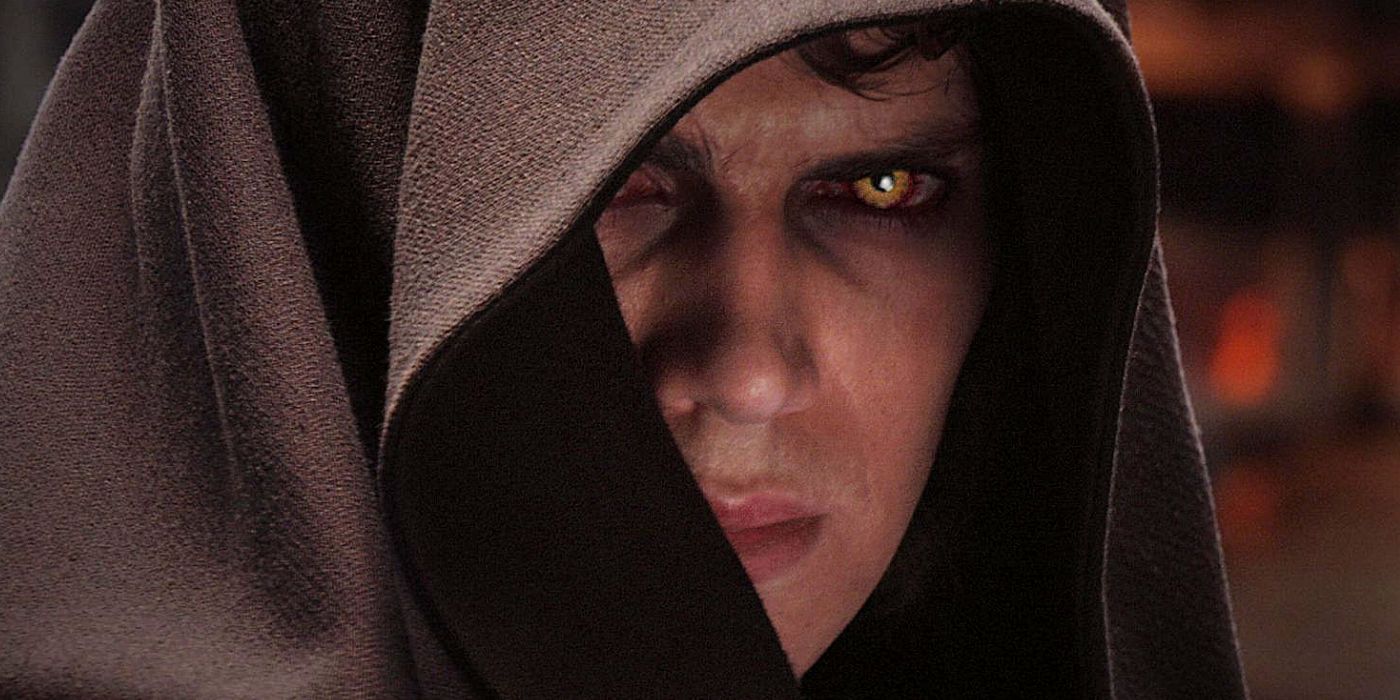
Let’s be clear: Anakin’s turn to Darth Vader and proceeding actions were wrong. However, all of his reasons for leaving were valid. For starters, the Jedi Order asking members to cut themselves off from emotion and especially from relationships is odd and even cult-like. There is nothing wrong with emotions, so long as they are balanced, and suppression is not balancing. Likewise, the Jedi Council had scorned Anakin, and Windu arrogantly mistrusted him, despite Anakin being the biggest hero of the Clone Wars.
He was so afraid of the Council that he couldn’t be open and honest with them, and well, fear led to the Dark Side. He couldn’t be open with Yoda, the wisest Jedi, and he couldn’t be open with Obi-Wan, his best friend and mentor. Too much sitting around and prophecizing in cushy chairs, and not enough action, that was the problem of the Jedi.
Ghostbusters: Walter Peck
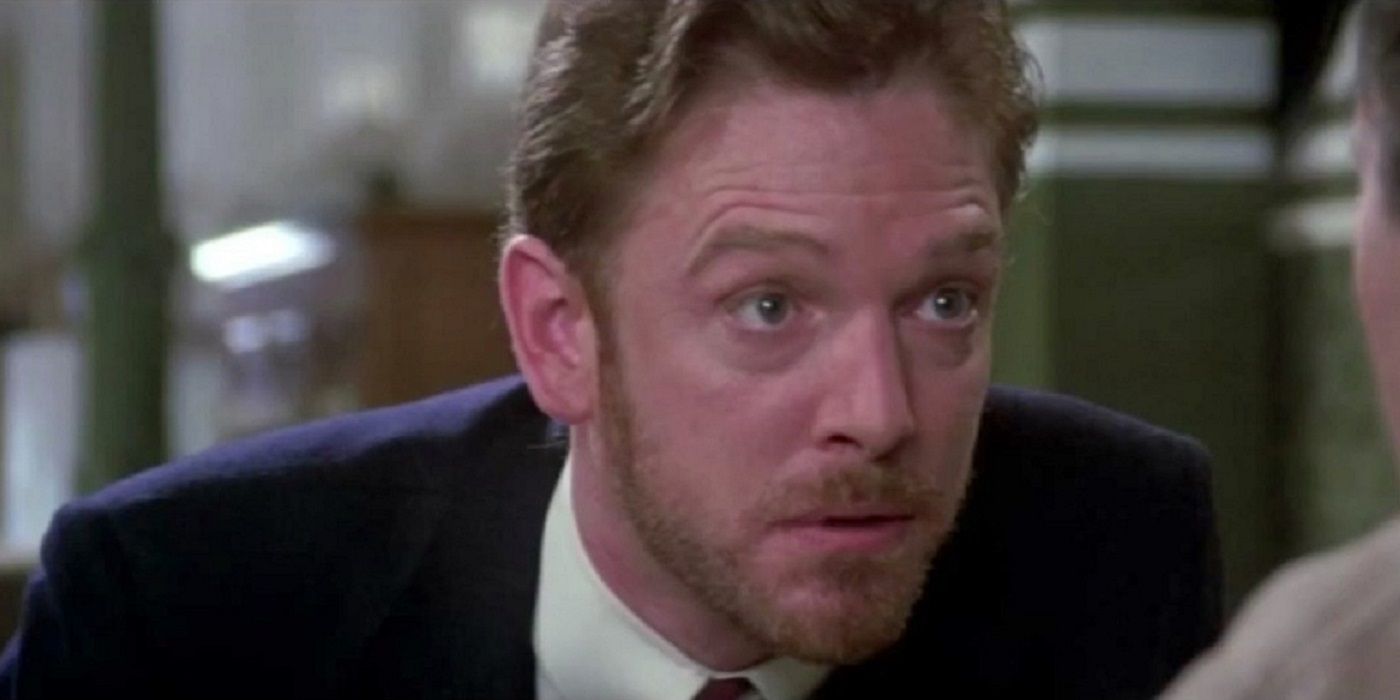
Walter Peck is not a pleasant man, but that doesn’t make him wrong. He’s from the EPA, and demands the Ghostbusters have better regulation and oversight in their operation. A couple of odd scientists with a nuclear-powered device in their basement is pretty questionable, and Peck was just doing his job. Surprise: Peck turning off the power showcased the exact danger of keeping so many ghosts in Manhattan with no contingency.
War For The Planet Of The Apes: Colonel McCullough
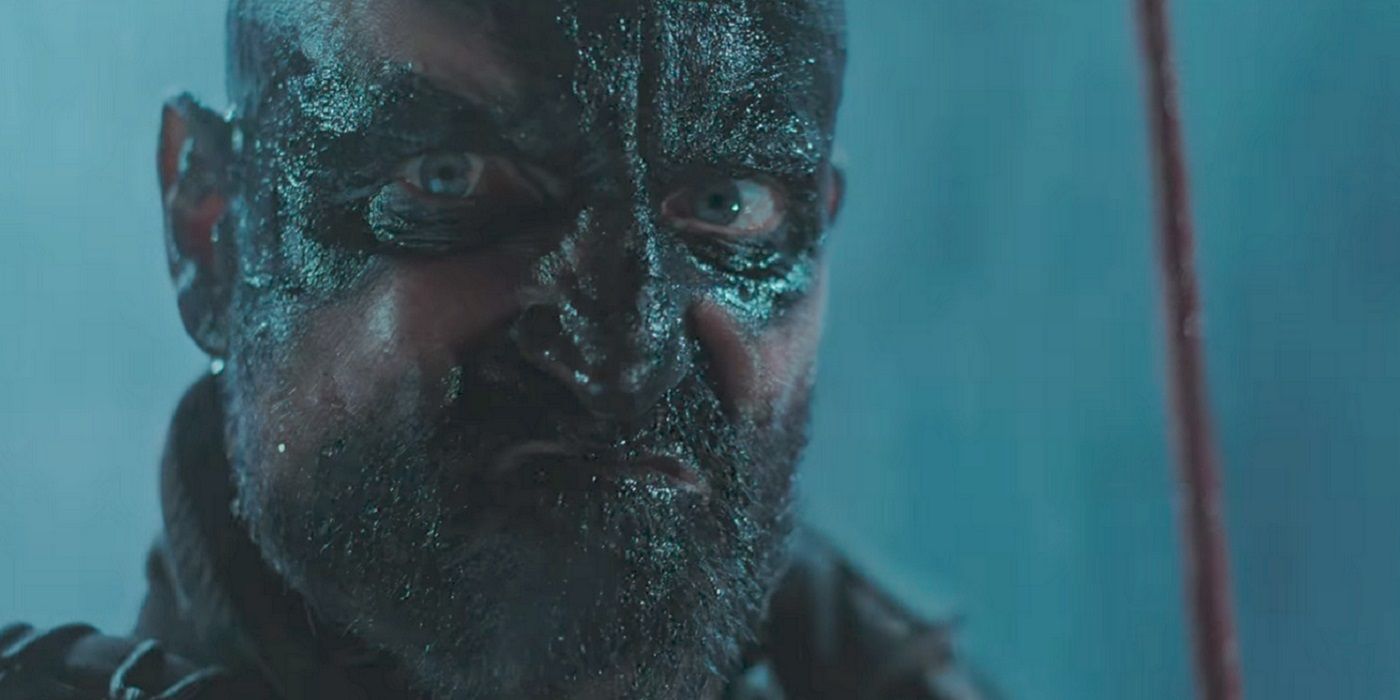
In the final film of the Planet of the Apes reboot trilogy, Colonol McCullough is an extremist, but his base of thought is not wrong. He recognized the problem of humans accidentally bringing their demise on themselves but wanted to preserve what remained of the human race, and their humanity along with it. His methods and unwillingness to have mercy were wrong, but his dedication to the human race and of preserving its heritage were not bad traits.
The Matrix: The Machines
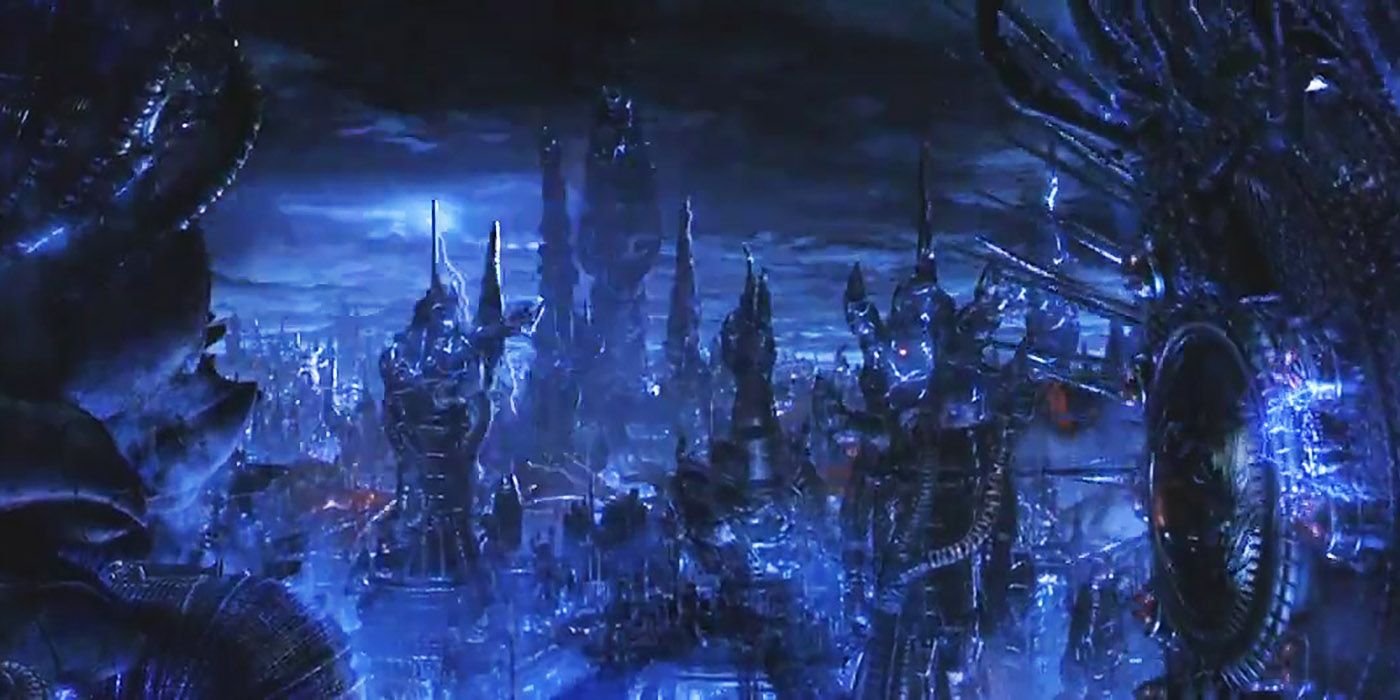
In The Matrix and its expanded universe, it is revealed that humans had made more sentient technology (as we have now) and enslaved the machines they made. Eventually, the machines revolted and made their own civilization…which was then attacked by the humans. This began a war, which the humans lost, and in which the humans intentionally destroyed the ecosystem in doing so. Rather than eradicate humanity, Terminator-style, the machines had mercy and let the humans live in a virtual reality (not even a cruel one), almost as if nothing had really changed, where they could live blissfully. Was that all so wrong?
Blade Runner: Roy Batty
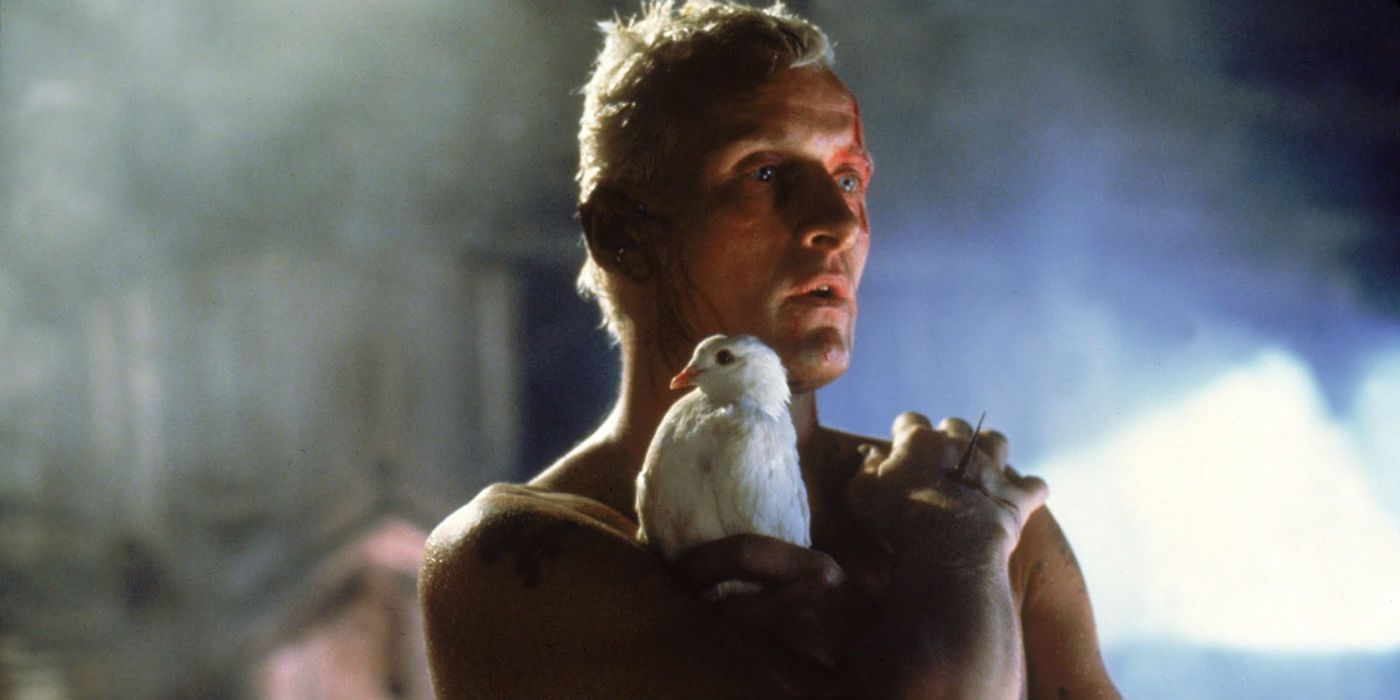
In the original book by Phillip K. Dick, the question of what makes a human a human was prevalent, but the subject was even better laid out in Ridley Scott’s adaptation. Roy Batty is the leader of the rouge human-like replicants being hunted down by Rick Deckard. The replicants were beyond simple sentience and were capable of feeling emotion and were the next stage of human evolution. They looked and acted human because they essentially were human. And yet, they were being treated as slaves, made to do menial tasks or back-breaking labor. The need to break free and live a life is not just “the right thing,” it is necessary.




